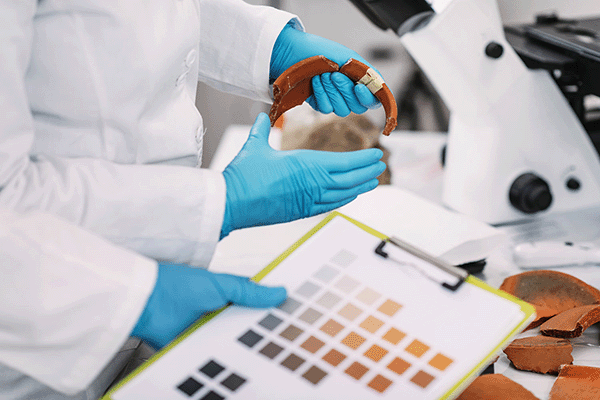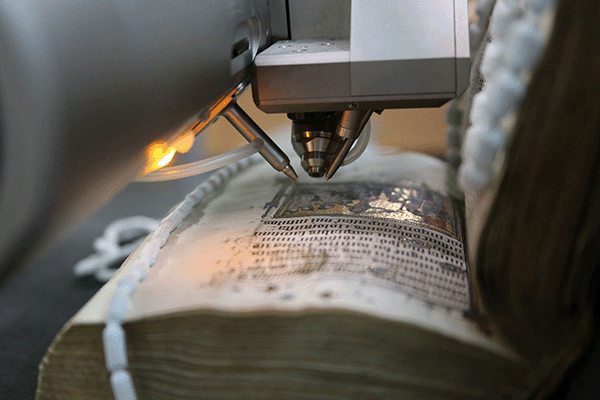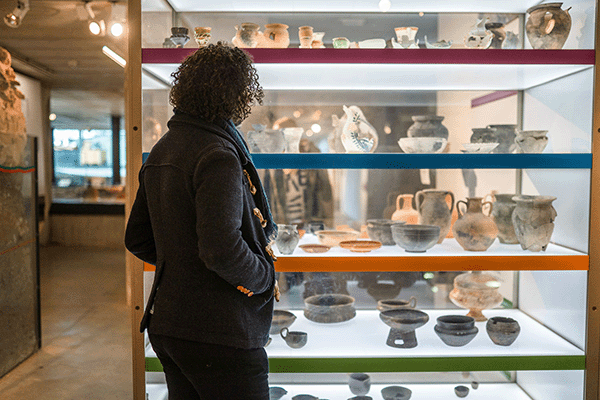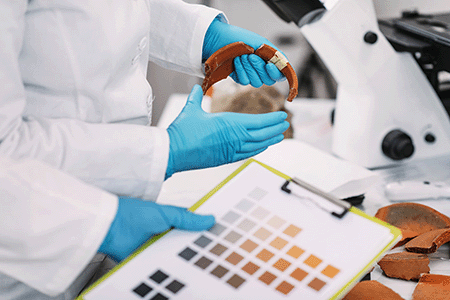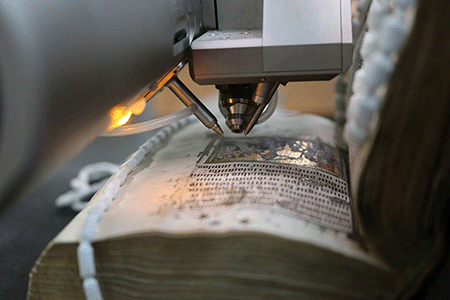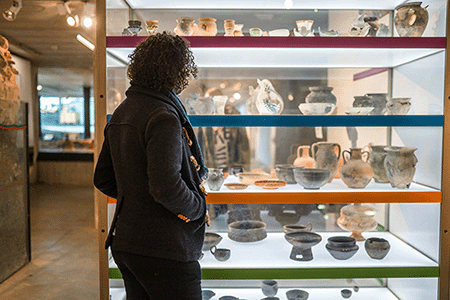Organisation: Newcastle University
Principal investigator: Mark Jackson
Project overview
Over the past century, UK researchers from the British School at Athens (BSA), British Institute at Ankara (BIAA), British School at Rome (BSR) and the British International Research Institutes (BIRI) have curated heritage science collections of international significance. These collections are crucial for studying ancient technologies, economies, innovation, societal change, and the mobility of objects and raw materials in Mediterranean human history.
However, these collections are inaccessible and lack integration. This project aims to build an infrastructure that digitally transforms and integrates these collections, facilitating enhanced accessibility and collaborative research.
Project purpose
This project aims to maximise the research potential of these collections by establishing a robust heritage science collection management system and digital infrastructure. This project aims to facilitate access to primary data, foster interdisciplinary research and enrich public engagement through customisable web themes and educational programmes.
This project will create essential infrastructure capable of delivering services to the public, individual researchers and the cultural heritage sector.
Project impacts
The project will create an infrastructure to transform Mediterranean heritage science resources into accessible digital formats, enabling global researchers to navigate networks of information across diverse collections. The new infrastructure will support digital image characterisation using machine learning and will provide tools for sustainable data contribution and website management.
The project aims to expand and sustainably manage heritage science collections, fostering innovative research collaborations and enhancing public understanding of cultural heritage. By facilitating collaborative and innovative research, the project addresses significant questions using diverse collections, ensuring easy access to previously inaccessible heritage science data.

